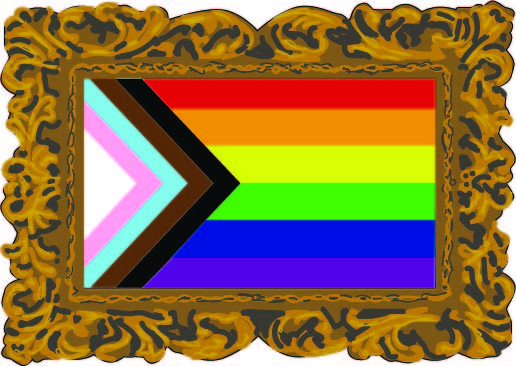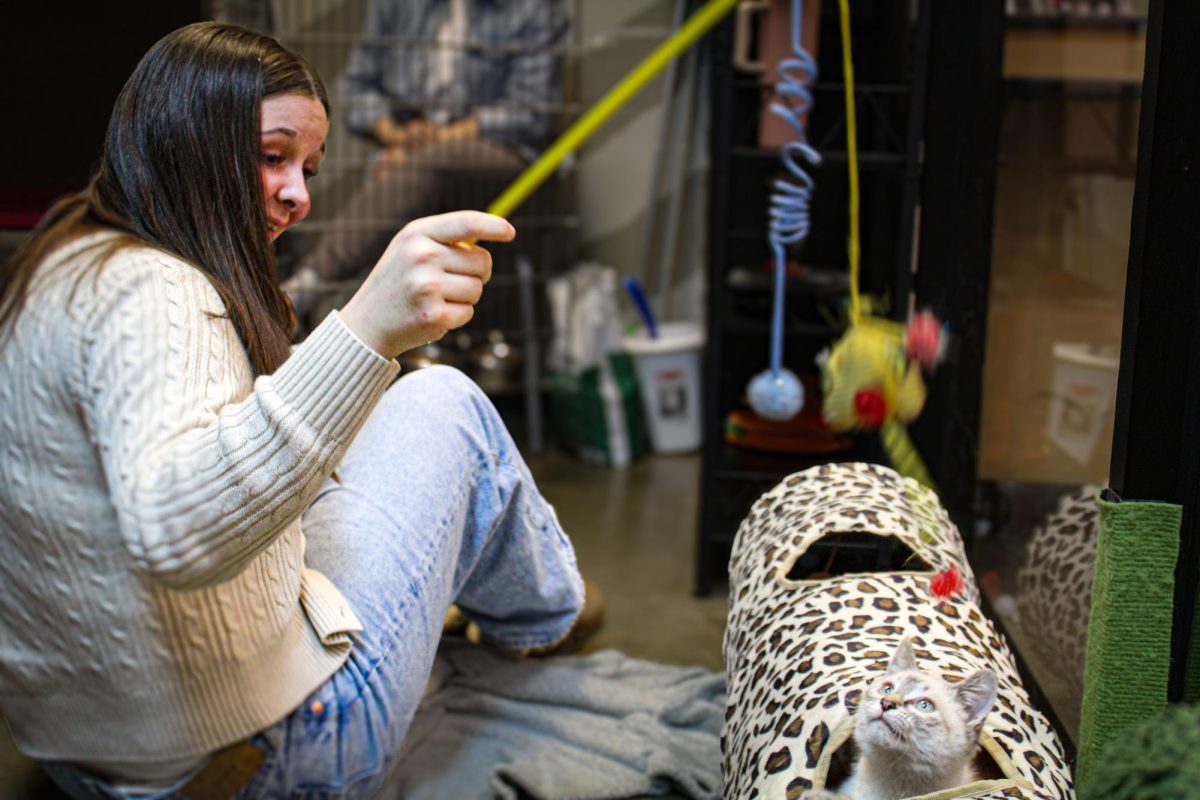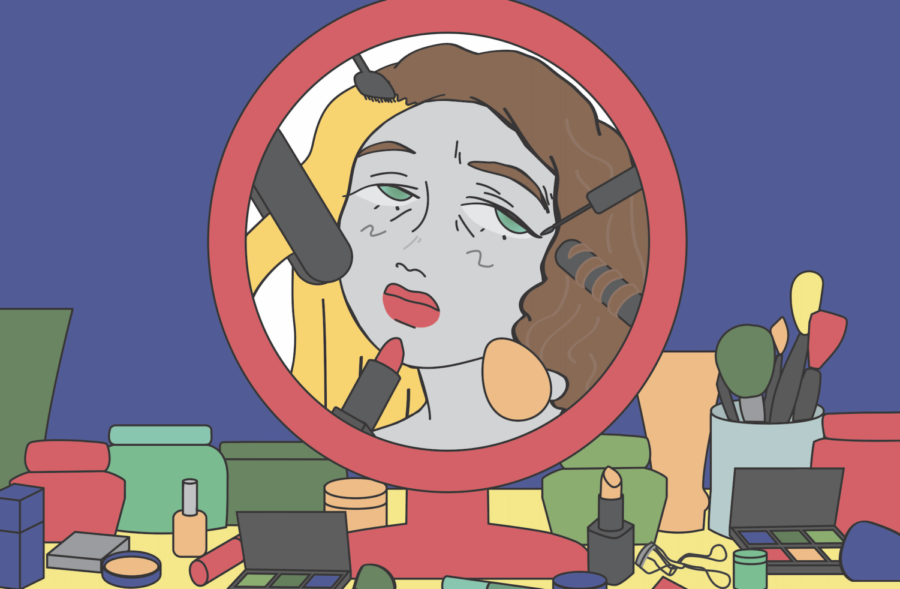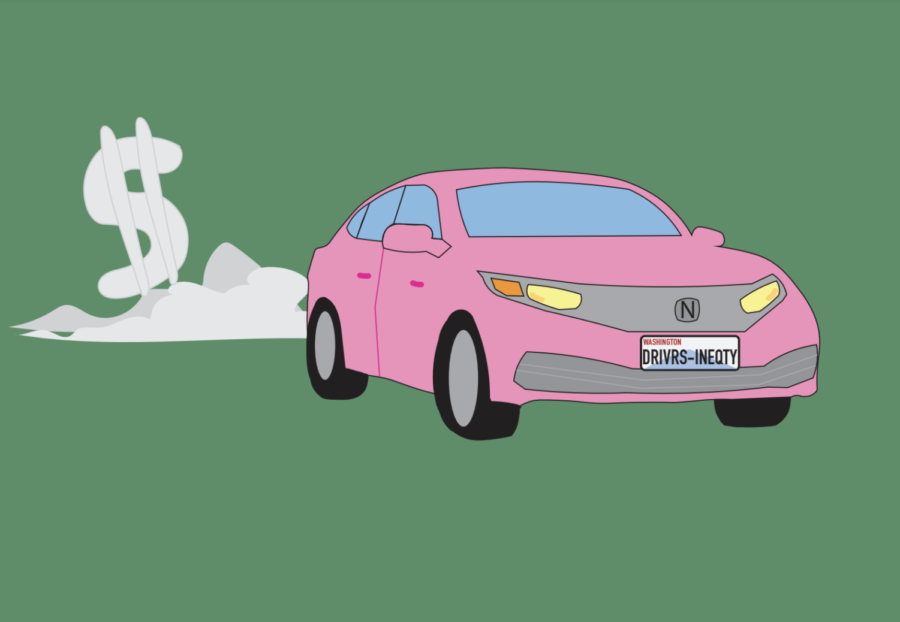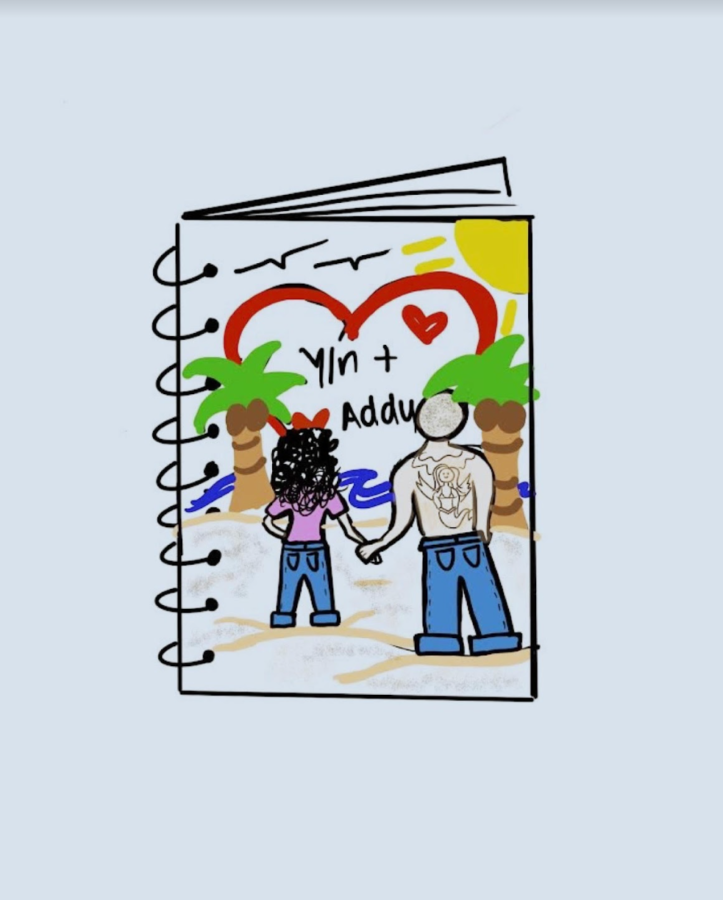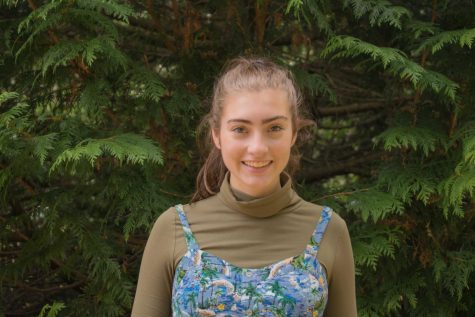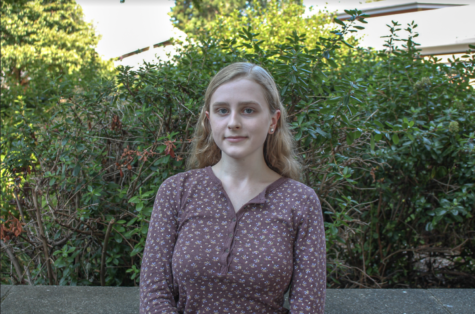Privilege and Discrimination
The theory of intersectionality’s fundamental truth — that individuals have multiple identities that intersect in ways that impact how they are viewed, understood and treated by others on an individual and societal level — is reflected in the power dynamics of a society. Recognizing intersectionality serves to both observe and analyze power imbalances and requires that individuals address all forms of oppression when fighting for equality. Simply put, intersectionality recognizes the innate privilege some individuals have over others due to uncontrollable factors.
Coined in a 1989 research paper by Kimberlé Crenshaw, the term “intersectionality” gained widespread attention at the 2017 Women’s March. Organizers noted that women’s intersecting identities meant that they were impacted by multiple issues of social justice and human rights. Some intersections have more privilege than others, as Crenshaw notes in her paper, “Demarginalizing the Intersection of Race and Sex.” The intersection of being both a Black woman and LGBTQ+ has less privilege than the intersection of being a white woman and LGBTQ+, since being white means that the individual will not experience racism.
Some students at Inglemoor said that although intersections of their identities provide them more privilege than others, they often still feel left out of many conversations about identity and representation.
“Non-queer people of color and white queer people do not experience the intersections between sexual orientation/gender oppression and racism,” junior Ffion Mabale said. “These intersections are often ignored or brushed aside in political conversations because it applies to a smaller group of people and this results in a silencing of our struggles.”
The lack of discussion that includes intersections of identity also extends to the lack of diversity in education and activism. Students said they believe that currently health education is not comprehensive enough and that curriculums should extend to include LGBTQ+ identities as well. Mabale said that they think this would help students feel embraced and more comfortable when exploring their identities.
“An important part of sex education is teaching students about how sexual orientation identity or gender identity might change as they get older and that this is normal and common in the LGBTQ+ community,” Mabale said.
The media can also be a powerful tool in embracing identity. It is a great privilege, though, to see all parts of your identity represented in one character, said junior Rina Elliot*.
“I feel each part of my identity is represented generally well but not very well together,” she said. “For example, I see Asian representation, female representation, LGBTQ+ representation but not often do I see the overlap of Asian women representation or Asian women LGBTQ+ representation.”
Other students said they think that neurodivergence is especially underrepresented, and when there is representation, it is often harmful. Oftentimes, representation is inaccurate said senior Sam Davis*. He said that he feels represented in one aspect of his identity but feels left out in other areas. He advocates that the media broaden their horizons while staying true to the stories of individuals.
“I think the media could focus more on telling authentic, representative stories, showing humanity in every different experience rather than catering to a majority audience,” he said. “Not only would representation increase, it would also become more responsible, less tokenizing, and be better for everyone watching.”
As noted by Cremshaw in “Demarginalizing the Intersection of Race and Sex”, privilege will always come primarily from how an individual is perceived by the people around them. Senior Benjamin Smith* affirmed this point: he acknowledged that certain aspects of his identity give him a privilege over others.
“[My identity] makes me feel as though my life and safety are political, so I’m a little on edge all the time. That said, I’m also shielded by my whiteness and masculinity, and have to work to seek out other perspectives to hold myself accountable,” he said.
Like Smith does, people with more privilege must be willing to recognize who might be left out of the conversation. Making sure to amplify, rather than speak over, marginalized people is key in efforts to reduce inequalities and injustices in society. One junior said that because of her identity, she sees the struggles that others go through and wants to fight for them.
“I see the world as needing a lot of work. Women still don’t have equal rights in all aspects of life, LGBTQ+ rights are not guaranteed for most people, multicultural people don’t receive the same representation as most, Asian hate clearly still is a massive issue. All the different parts of my identity make me feel even more strongly that there are a lot of gaps in human rights,” she said. “Sometimes I don’t know whether to not speak out and be grateful for having more privilege than some or if I have the right to be upset and speak out because I’m still affected by certain systems of oppression or feel both at the same time.”
*Names changed for anonymity
Difficulties in Expression
For many, having pride in one’s identity is a way to overcome forms of systemic oppression that infiltrate every aspect of society. In this context, pride is the demand for liberation and the willingness to be proud of an identity that has historically been shamed by society.
“I take pride in every part of my identity because I want to show people that my identity is not something to be ashamed of. I want people to know my identity and to respect it,” freshman Adrianna Baker said.
However safety is a real concern for those expressing pride. For example, at the first Pride Parade in June 1970, many protestors learned self-defense techniques to protect themselves from the inevitable counter-protests. For those who experience multiple levels of oppression due to their intersectional identity, safety in expressing themselves is often not easy to find. Safety is still a concern for individuals, and sophomore Nova Baxter* said that it is their main priority when choosing where and when to express their identity.
“If it is not a safe space, I want to prioritize my safety over expressing myself, so I stay closeted to some people, and I am more comfortable being myself around friends as opposed to people I don’t know that well and have developed relationships with,” they said.
Pride also opens conversations over broader societal improvements because it can draw attention to marginalized communities — being able to be an advocate for oneself and one’s community means bringing attention to issues that negatively impact the community. The Center for American Progress reported, for example, that distrust in the medical system among people of color creates a higher risk for people in those communities; there is an even greater risk for people of color who are also in the LGBTQ+ community. People in these communities have a higher chance of facing medical maltreatment due to certain biases in the medical field.
Such issues highlight pride’s importance: being proud of one’s identity means one is able to fight for the interests of their community with adamancy. For many, this past summer was an incredible example of multiple marginalized identities coming together to fight for a common cause. The rise in Black Lives Matter protests came in June, which is also Pride Month.
At Inglemoor, some students think as if they are not fully accepted by the school community because of their identity. One student said they feel as if not enough precautions are taken to prevent hatred from being spread.
“There doesn’t seem to be much punishment for using slurs such as the r-slur or making transphobic remarks because I heard them all the time back when school was in-person,” they said. “This makes me feel as though I’m not welcomed at my own school and that that kind of bigotry is tolerated here. I don’t feel comfortable with being open with my identities to most people at school.”
Students call for an increased level of support from school staff, including teachers and administrators, so that they can feel more comfortable expressing their identity at school. Senior Shay Mehdipour said Inglemoor should have more accessible resources for reporting harassment and that new policies for imposing consequences for perpetrators should be developed by people who have experienced similar discrimination in order to prevent this harassment. Sophomore Isabel Amaua and other students said they would like to see Queer and Ethnic history incorporated into the school curriculum, so students have a broader understanding of the world’s cultures and identities.
Despite discrimination from both inside and outside of school, many students said that they are able to express their identity without shame. Sophomore Bren Bartol said that they are not going to let hate hold them back from being proud of who they are.
“I’m not ashamed of who I am, and I’ve had people put me down because of it. I’m tired and done with that, and I won’t let anyone else be the reason for me to hate myself. These parts of me are things I can’t control, so every attempt to thwart them is asinine and silly and misinformed,” Bartol said. “I’ve spent a lot of time unhappy with myself, and it was mostly because of other people. It’s a hard place to live in. I’m not going to apologize for being me, and if someone has a problem with that, it’s their loss.”
*Name changed for anonymity
Jewish heritage month
In 1980, President Carter declared that a week in April was to be designated as Jewish Heritage Week. In 2006, Congress requested that the United States observe a Jewish History Month. April was originally chosen as the month for Jewish Heritage Week to take place due to the significance of April in Jewish culture and history: the anniversary of the Warsaw Ghetto Uprising, Israeli Independence Day, and the Days of Remembrance of Victims and Survivors of the Holocaust all take place in this important month. Soon after this, President Bush released a proclamation in which he designated May as Jewish history month, this came as a result of Jewish activists urging Bush to do so.
The Days of Remembrance of Victims and Survivors of the Holocaust:
April 8 is America’s national commemoration of the Holocaust. The U.S. Holocaust memorial museum is responsible for guiding the nation in remembering and mourning the events of the Holocaust.
The Warsaw Ghetto Uprising
On April 19, 1943, a group of nearly 700 Jewish people began fighting back against German troops invading the Warsaw ghetto with the intent to deport its surviving residents into concentration camps and killing centers. German troops eventually won what ended up being a 27 day battle with the residents of the Warsaw Ghetto. 7,000 Jewish people lost their lives during the resistance.
Israeli Independence Day
Each year on April 14, the citizens of Israel participate in festivities both big and small in order to celebrate the anniversary of Israel’s independence, which was declared on April 14, 1948.
As the world continues to see a rise in Jewish hate crimes, celebrating Jewish heritage month is a much-needed opportunity for all members of the community to learn about, support, and protect Jewish lives and history. Those who wish to celebrate Jewish heritage month may visit a museum or exhibit about Jewish history, support small Jewish businesses, read Jewish literature, support Jewish artists, and support Jewish activists.
Autism Awareness/Acceptance month
April is National Autism Acceptance Month and April 2 is National Autism Acceptance day. The Autism Society, an organization dedicated to research and activism on the behalf of autistic people, founded and held the first Autism Awareness Month in April of 1970.
In 2021, the Autism Society began an effort to alter the name of Autism Awareness Month to Autism Acceptance Month. This change was incentivized by a desire to redirect focus away from simply being aware of autism, and towards accepting, supporting, and celebrating those who have it.
During Autism Acceptance Month, it’s important to avoid supporting Autism Speaks, an organization that is widely regarded as an Autism hate group by the Autistic community and its advocates. Autism Speaks has a long history of spreading misinformation about autism, supporting harmful ideas about autism, and ignoring autistic voices. Anyone who wants to properly celebrate Autism Acceptance Month should be careful not to participate in harmful trends started by Autism Speaks.
Pieces of art like the 2021 film “Music” that was created with the intention of accurately portraying autism only managed to misrepresent it in the process. This film serves as a lesson: it’s crucial that neurotypical allies take the time to research autism and learn from people with autism before they begin speaking about autism issues. This allows allies to educate themselves on relevant issues and ensures they aren’t misrepresenting or silencing those they’re trying to uplift.
Instead of Autism Speaks, there’s a multitude of helpful and ethical autism charities and organizations that are much better to donate to or learn from. Groups like ASAN, AIM, and AWN pursue advocacy and research around autism without harming or excluding people with autism in the process.
Society has come a long way in its awareness and acceptance of people with autism. Autism Acceptance Month is a time to celebrate that progress and to continue to work on advancing those efforts.



